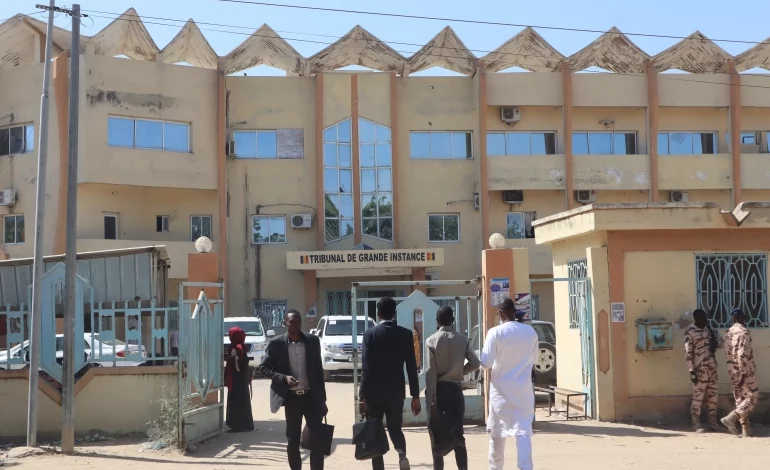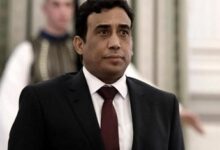
At least 139 people have been released in Chad after being arrested during a bloody crackdown on anti-government protests in October that killed dozens of people.
“They are free to return to their families,” Mahamat Allamine Al-Rachid, a deputy public prosecutor at the N’Djamena court, reportedly said on Monday, referring to people released from Koro-Toro, a prison 600 kilometres (372 miles) from the capital. A total of 59 were reportedly acquitted and 80 others received one to two years of suspended sentences.
The release comes after a court handed out jail terms of between two to three years to 262 people on Monday, a move deemed “illegal” by defence lawyers. The defendants were charged with taking part in an unauthorised gathering, destroying belongings, arson, and disturbing public order.
On October 20, Chadian authorities said about 50 people were killed – including 10 members of the security forces – and more than 300 were arrested after police opened fire on demonstrators. Back then, members of opposition parties and civil society groups took to the street against a decision to further delay the country’s transition towards civilian rule.
Opposition groups say the real count was much higher, and allege that unarmed civilians were subject to mass killing.
Chad was thrown into political turmoil in April 2021, when then-President, Idriss Deby, was killed while visiting front-line troops fighting rebel forces threatening his 30-year rule.
The military placed his son, General Mahamat Deby, at the helm of a transitional military council (TMC) with the promise of elections after 18 months in which he would not run. October 20 marked the end of that transition.
As part of the transition, Deby, 38, announced an inclusive national dialogue with opposition parties and civil society groups to set the constitutional frame for a new government. The dialogue finally began on August 20, after long delays and the withdrawal of key actors who accused the TMC of failing to provide enough guarantees over the non-eligibility of its members and the length of the transition.
As the dialogue concluded, the forum announced the dissolution of the TMC, but said elections would be held in two years, with Deby installed as president and allowed to run for office at the end of the transitional period






